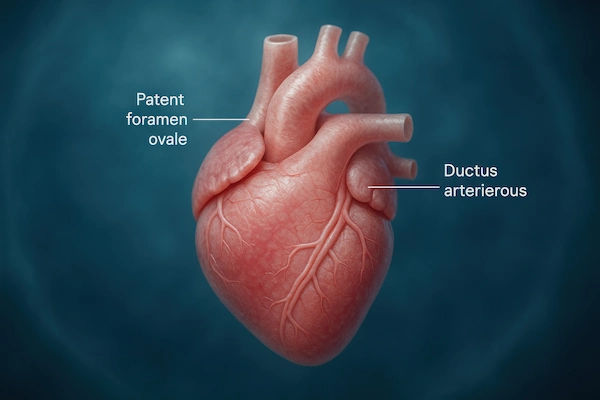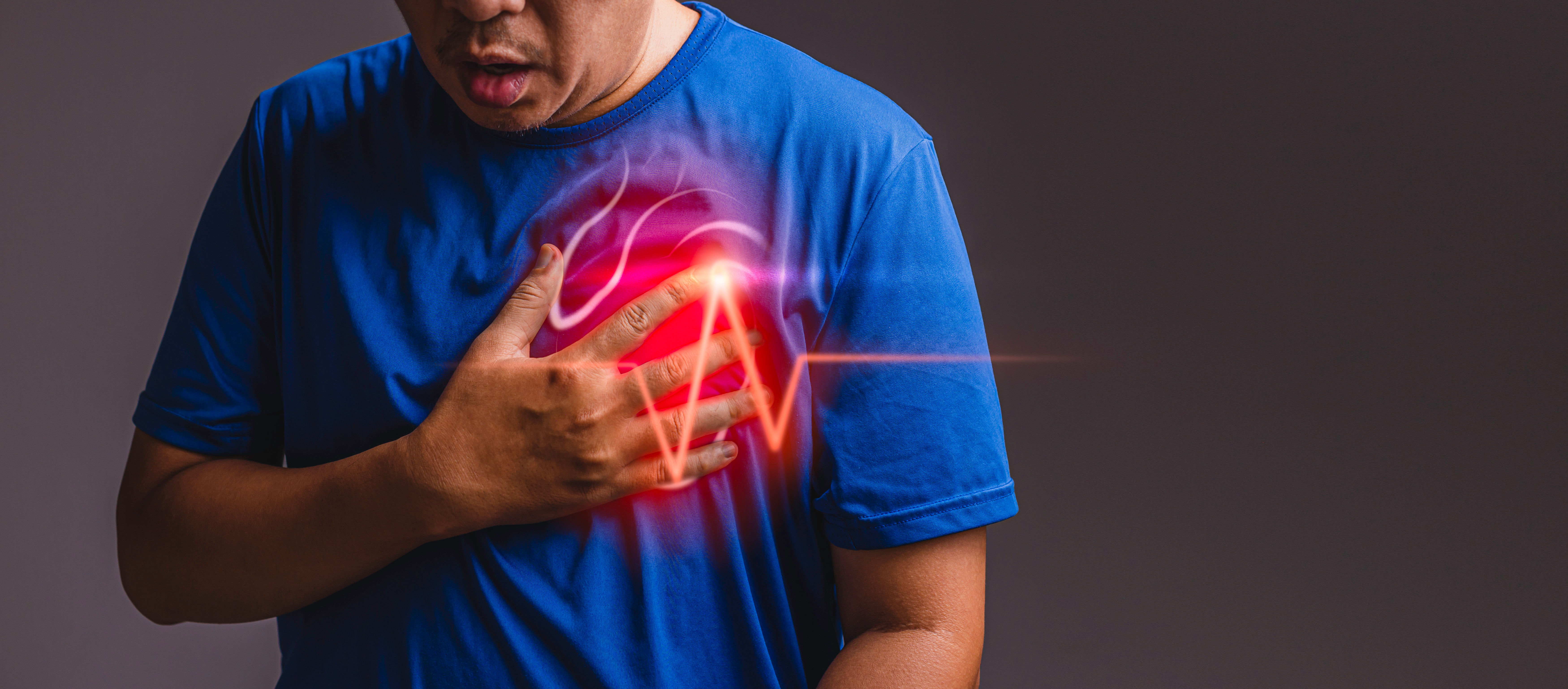- Male
- 24 Years
- 22/01/2025
I've been noticing this weird thing happening with my heartbeat over the last couple of days. It feels like my heart is beating really strongly, and I can actually see it beating when I look at my chest. Sometimes it even makes the dirt move around me. It doesn't happen all the time, just randomly throughout the day. Could you help me understand why this might be happening and what I should do about it?
Answered by 1 Apollo Doctors
This irregular heartbeat may be due to a condition called palpitations. I recommend you to consult a doctor for proper evaluation and diagnosis. In the meantime, you can take a beta-blocker medication like Metoprolol (25-50mg) to help control your heart rate and rhythm. Additionally, try to reduce stress and avoid stimulants like caffeine and nicotine. If the symptoms persist or worsen, seek medical attention promptly.
Dr. Ranjith Suggests...
Consult a Cardiologist
Answered 04/07/2025
0
0

More Cardiology Health Queries
View allMy dad's been taking Angised tablets, and I'm curious about what they do and any side effects we should look out for. Can you give me a rundown on how safe they are? I'm a bit worried about him taking new medication, and I just want to make sure we're informed.
it helps in preventing angina.
Answered by 1 Apollo Doctors
I'm feeling a strong pulse right below my ribcage. It lasts for a couple of seconds and then sometimes it comes back either 10 seconds or an hour later. Should I be worried about this, and what could it possibly be?
It sounds like you may be experiencing palpitations. Palpitations are sensations of a rapid or irregular heartbeat. In this case, it is important to monitor your symptoms and consult with a healthcare professional for further evaluation. If necessary, your doctor may prescribe medications such as Metoprolol (25-100mg) to help regulate your heart rate and reduce palpitations. Remember to follow your doctor's recommendations and keep track of any changes in your symptoms.
Answered by 1 Apollo Doctors
I'm a 31-year-old guy and have been experiencing chest pain since September 2017. All my tests like ECG, echocardiography, lipid profile, TMT, and CT coronary angiogram have come back normal. I also get pain in my hand and jaw, along with dizziness every day. My cardiologists told me it's anxiety disorder, but I'm still worried because the pain is persistent. The doctor has prescribed flavedon MR 35 to take twice a day and said to continue for a month. Should I expect to stop the medication after one month if the symptoms persist, or is this something I might need long-term? I'm just trying to figure out if this plan seems right given my symptoms.
Yes you can use it no problem and as your doctor said you might be having Anxiety disorder,visit Psychiatrist for appropriate management
Answered by 1 Apollo Doctors
Disclaimer: Answers on Apollo 247 are not intended to replace your doctor advice. Always seek help of a professional doctor in case of an medical emergency or ailment.




